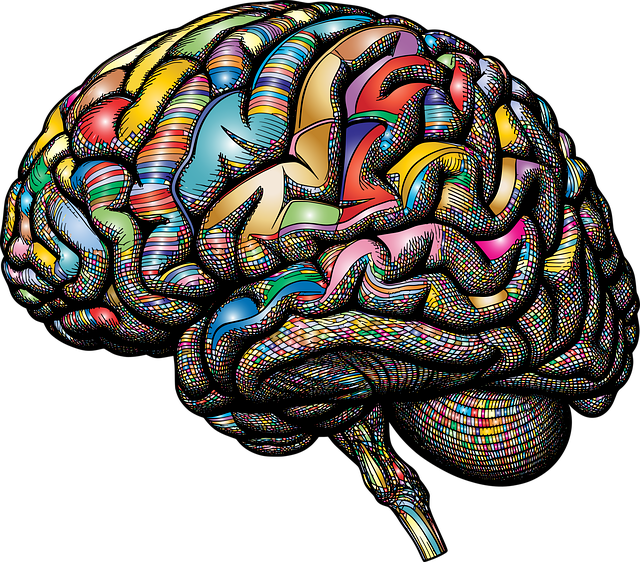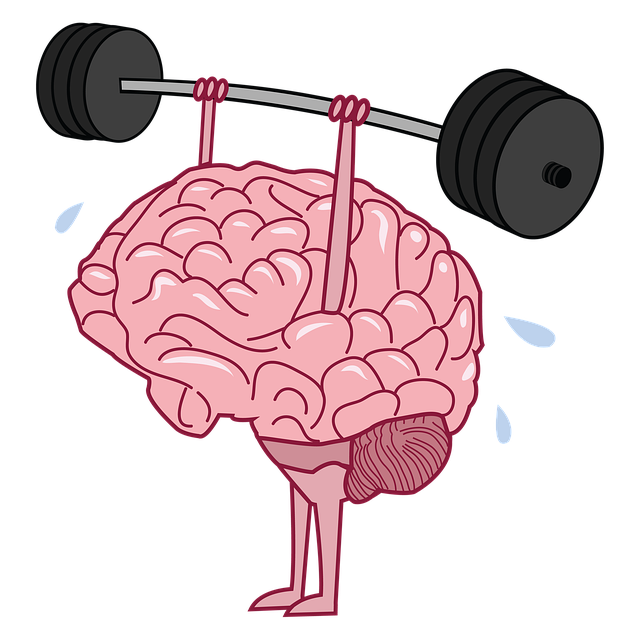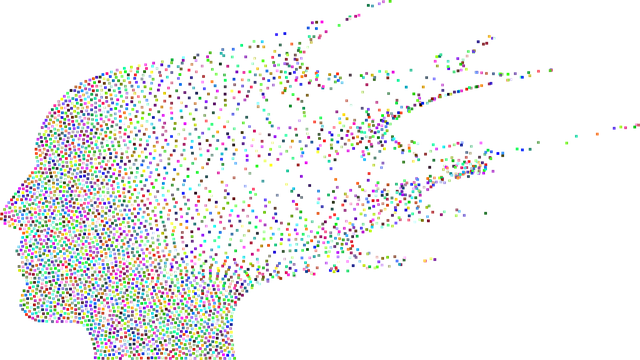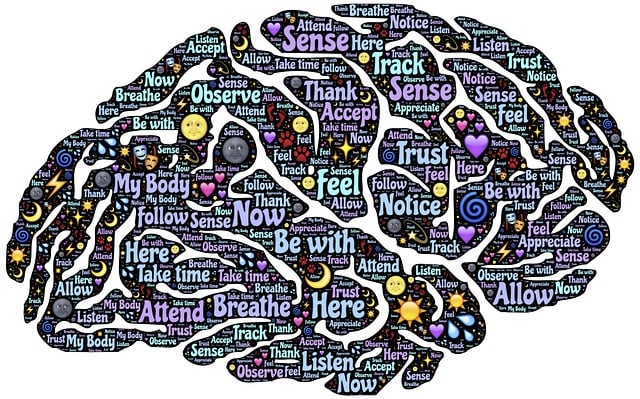Self-care is crucial for mental well-being, especially in preventing and managing conditions like childhood psychosis. Integrating self-care through mindfulness, relaxation, and activities aligned with personal interests can enhance resilience and reduce stress. Early recognition of psychosis symptoms, education through public awareness campaigns, and culturally sensitive healthcare practices support timely interventions and effective therapy, such as cognitive-behavioral therapy or medication management. Building a strong support network, including open communication strategies, is vital for children with psychosis to manage symptoms and improve their overall well-being.
Self-care is an essential practice for maintaining mental health, yet it’s often overlooked. This comprehensive guide explores various aspects of enhancing self-care routines, from recognizing children’s psychosis through early intervention to creative strategies for daily integration. We delve into the power of mindfulness, relaxation techniques, and building supportive networks. Understanding these elements can foster wellness, especially in navigating therapy for children’s psychosis.
- Understanding Self-Care and Its Impact on Mental Health
- Recognizing the Signs of Children's Psychosis and Early Intervention
- Creative Strategies for Incorporating Self-Care in Daily Routines
- The Role of Mindfulness and Relaxation Techniques in Self-Care
- Building a Supportive Network: Encouraging Healthy Relationships for Wellbeing
Understanding Self-Care and Its Impact on Mental Health

Self-care is an essential aspect of maintaining and enhancing mental well-being. It involves a range of activities and practices that individuals engage in to preserve their emotional, psychological, and physical health. Understanding self-care is crucial, especially in today’s fast-paced world where stress and burnout are prevalent. By incorporating self-care into daily routines, individuals can build resilience, improve coping mechanisms, and reduce the risk of various mental health issues, including psychosis in children.
In the context of therapy for children with psychosis, self-care plays a pivotal role. It serves as a powerful tool to support their recovery journey. Burnout prevention strategies for healthcare providers, trauma support services, and crisis intervention guidance can all benefit from emphasizing self-care practices. These approaches ensure that individuals involved in caring for others’ mental health are equipped to offer consistent and effective support while maintaining their own emotional balance.
Recognizing the Signs of Children's Psychosis and Early Intervention

Recognizing the early signs of children’s psychosis is a critical step in ensuring timely intervention and improved outcomes. Psychotic disorders in youth often manifest as unusual behaviors, distorted thinking, or intense emotional reactions that can significantly impact their daily lives. These symptoms may include hearing or seeing things that aren’t there (hallucinations), having strong beliefs that are not based in reality (delusions), or experiencing confusion and disorganized speech. It’s essential for parents, caregivers, and educators to be vigilant and aware of these potential red flags. Early identification allows for prompt evaluation by mental health professionals who can provide appropriate therapy for children psychosis, such as cognitive-behavioral therapy or medication management.
Public Awareness Campaigns Development and Stress Management Workshops Organization can play a significant role in educating the community about recognizing these signs. By fostering public awareness, more individuals will be equipped to identify when a child may be struggling with their mental health and seek help sooner. This proactive approach is vital in breaking down stigma and encouraging early intervention, ultimately improving self-care practices for children at risk of psychosis.
Creative Strategies for Incorporating Self-Care in Daily Routines

Incorporating self-care into daily routines doesn’t have to be a chore; it can be an enjoyable and creative process. One innovative approach is to transform mundane tasks into opportunities for mental rejuvenation. For instance, incorporating mindfulness during morning routines like brushing teeth or making coffee can help set a calm tone for the day. Simple practices such as deep breathing exercises or short meditation sessions can be easily integrated into these moments of solitude.
Additionally, engaging in activities that align with individual interests is paramount. Whether it’s painting, dancing, writing, or spending time in nature, scheduling dedicated time for these pursuits fosters a sense of accomplishment and enhances overall well-being. Considering the unique cultural backgrounds of individuals, especially those who may benefit from therapy for children psychosis, cultural sensitivity in mental healthcare practice can enrich self-care routines. Incorporating elements that resonate with personal and cultural identities—like specific types of music, art forms, or traditional practices—can make self-care more meaningful and effective.
The Role of Mindfulness and Relaxation Techniques in Self-Care

Mindfulness and relaxation techniques play a pivotal role in cultivating a robust self-care routine, especially for individuals navigating mental health challenges such as psychosis. These practices offer therapeutic benefits by fostering a deeper connection with one’s thoughts and emotions. By encouraging present-moment awareness, mindfulness helps to calm the mind, reduce anxious fixation, and promote a sense of inner peace. Incorporating activities like meditation, deep breathing exercises, or yoga into daily life can serve as powerful stress reduction methods, allowing individuals to regain control and manage their mental wellness effectively.
Beyond self-care routine development, these techniques are valuable tools in therapy for children psychosis. They teach coping strategies that enhance resilience and emotional regulation, thereby improving overall mental health. By integrating mindfulness and relaxation into their lives, individuals can better manage symptoms, reduce distress, and cultivate a more positive outlook, all of which contribute to a holistic approach to mental wellness.
Building a Supportive Network: Encouraging Healthy Relationships for Wellbeing

Building a supportive network is an essential aspect of self-care and overall wellbeing, especially for individuals navigating mental health challenges like psychosis in childhood. Healthy relationships can offer a sense of belonging, provide emotional support, and act as a protective factor against stressors that may exacerbate symptoms. Encouraging positive connections involves fostering open communication strategies that allow individuals to express their feelings and needs honestly.
This can be facilitated through various means, including seeking professional guidance such as therapy for children with psychosis, where specialized practitioners can teach effective communication techniques and mood management skills. Additionally, promoting cultural competency among healthcare providers ensures that the unique needs of diverse populations are understood and addressed, fostering an environment where individuals feel heard, respected, and supported in their journey towards recovery and improved self-care practices.
Self-care is not just a luxury, but a necessity for maintaining mental health and well-being. By understanding its significance and incorporating practical strategies, such as mindfulness, relaxation techniques, and building supportive networks, individuals can enhance their overall quality of life. Early intervention in children’s psychosis through recognition of symptoms is crucial, as it paves the way for effective therapy and better outcomes. These comprehensive approaches, combined with creative self-care routines, empower individuals to take charge of their mental health and foster a more resilient and balanced lifestyle.









